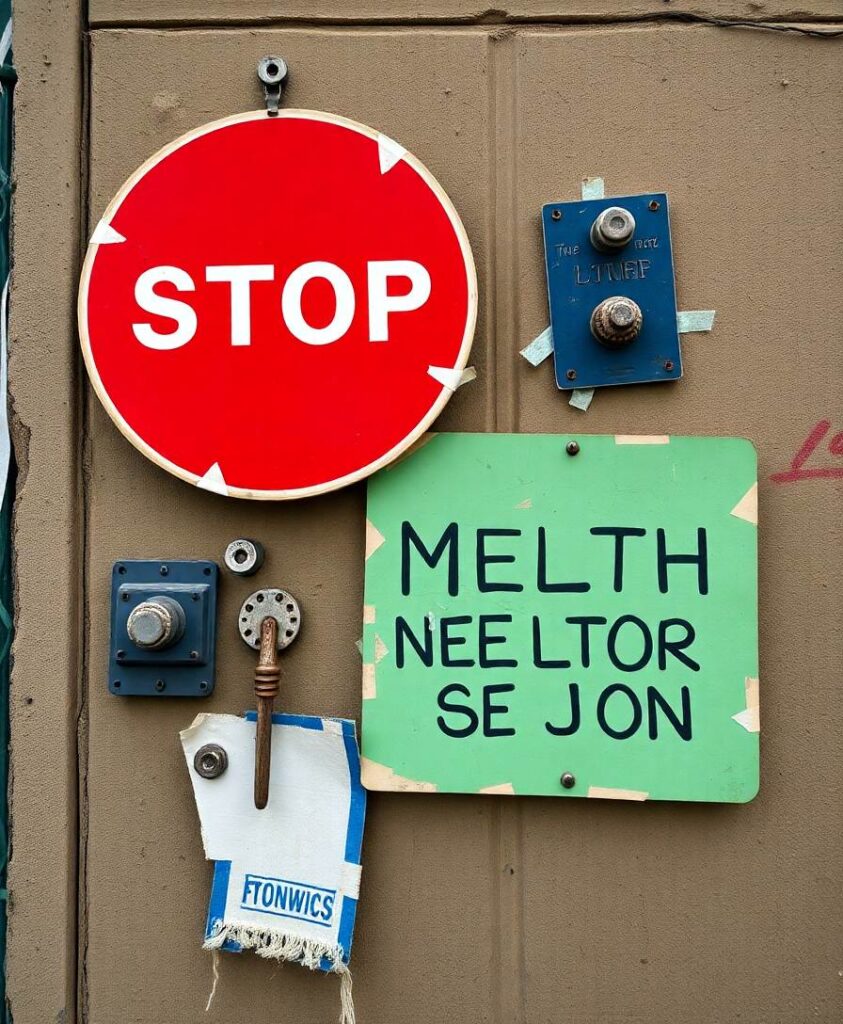Living without consistent access to healthcare can be like walking through a fog that never lifts. You might wake up feeling normal, but as the day unfolds, that nagging ache or sudden cough becomes more than just a minor discomfort—it becomes a sign that your body is telling you something more serious. For millions of Americans living on the edge of financial stability, Medicaid isn’t just a program; it’s a lifeline, a safety net woven from the threads of hope and health.
Recent projections warn that by 2034, around 10 million people could lose their Medicaid coverage. That’s not just a statistic; it’s a quiet upheaval in the lives of those who rely on this vital support. The potential loss isn’t just about losing insurance—it’s about losing access to the care that keeps their bodies and minds strong enough to face everyday challenges.
The idea of suddenly being unable to afford a doctor’s visit or essential medication can feel overwhelming, especially for those already feeling the weight of economic hardship. Many who depend on Medicaid may have grown accustomed to managing their health in ways others might take for granted. A sudden cutoff can mean delayed diagnoses, untreated chronic conditions, or even the inability to get preventive care that could avoid more serious health crises later.
The connection between health and financial security is deep and unbreakable. When insurance coverage disappears, the emotional toll can be just as heavy as the physical. Anxiety about affording medical bills, fear of worsening health, and the stress of navigating an increasingly complex healthcare system are common. For those living paycheck to paycheck, losing Medicaid can feel like losing a safety net that was already fraying at the edges.
People in low-income communities often experience health disparities that are compounded when access to affordable healthcare shrinks. Without Medicaid, conditions like diabetes, hypertension, or mental health issues may go unaddressed, quietly worsening over time. It’s a cycle where health, economic stability, and hope for the future become tangled and harder to untangle.

Searching for ways to cope or prepare for such changes is natural. Many ask, “What happens if I lose Medicaid?” or “How can I stay healthy without coverage?” The reality is that the threat of losing healthcare coverage can create a persistent undercurrent of worry, affecting overall well-being even before any official changes take effect.
Understanding the implications of policy shifts like the potential reduction of Medicaid coverage helps illuminate the importance of health as a foundation for living fully. It’s a reminder that behind every policy decision are real lives—people whose daily experiences and future hopes depend on a system that supports their health and dignity.
Navigating these uncertain waters requires awareness and compassion. It’s about recognizing the quiet struggles of those who may find themselves suddenly unprotected and advocating for solutions that prioritize their well-being. Maintaining access to healthcare isn’t just about policy—it’s about safeguarding the human right to health, stability, and the chance to live life fully.
Learn More: CBO: 10M Americans Will Lose Medicaid Coverage by 2034
Abstract: The Medicaid portion of House Republicans’ “one big, beautiful bill” covering President Donald Trump’s legislative agenda targeting tax cuts, energy and border security would lead to millions losing coverage of the healthcare safety net for low-income individuals, according to estimates.
Link: Read Full Article (External Site)

